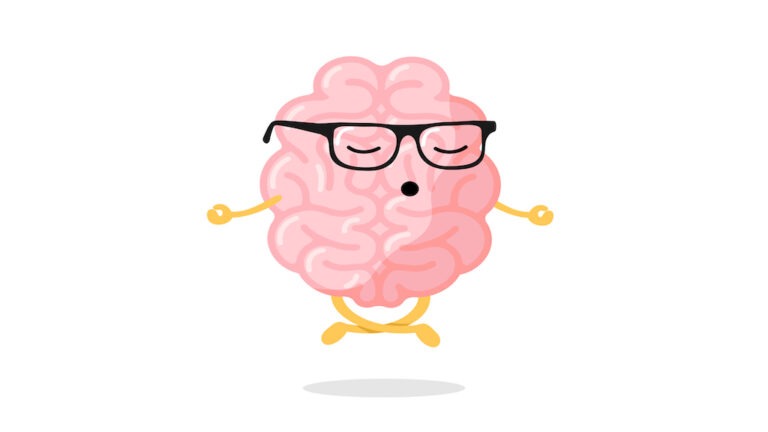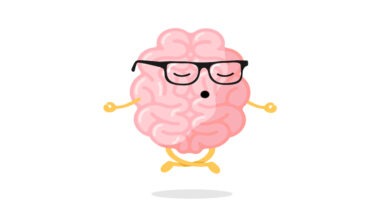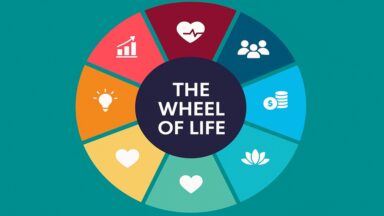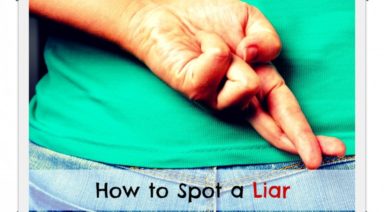3 Ways to Mend a Broken Heart

There is that undeniable ache; that wrenching pain in the center of your chest. The feeling that you can’t breathe; some days you feel as if you are going to pass out, in fact there is a sense that a part of you did just die. You are heartbroken. Maybe from the loss of a friend, a family member, or someone’s decision to end a relationship. Your heart hurts, but the doctor says your cardiac labs are normal. You are ‘just’ grieving.
Though there may be no lab markers that show heart damage, there is a distinct effect of extreme emotional stress on the body. The New England Journal of Medicine, John Hopkins University and several researchers have pieced this together in various clinical and historical perspectives. Let’s sum it up in 5 statements:
- Loving Relationships
Loving relationships emphasize certain neural pathways and neurotransmitters. One of which is “brain dopamine”, the neurotransmitter responsible for feelings of reward: pleasure, satisfaction, motivation.
- Loss of Loving Relationships
Loss of a loving relationship creates a void in the emotional brain, similar to addiction withdrawal, as brain dopamine is left wanting.
- Adrenaline
In response to the brain dopamine drop, alarm signals are sent for the body to release adrenaline — the hormone created from “blood dopamine” (blood and brain don’t share neurotransmitters) — along with other stress hormones and protein peptides.
- A Flood of Hormones
In their frenzy, these stress hormones flood and stun the heart.
- Lower Functioning
Temporarily, during this flood, the heart has a lowered ability to function, creating heart attack like symptoms.
In sum, Broken Heart Syndrome (also known as stress cardiomyopathy) is a phenomenon that can occur when an individual is under extreme loss-of-love stress.
Medicine has recognized that heartbreak can be a physical phenomenon. It’s not all in your head, my dear.
The Events That Hit the Hardest
Although many of us have made it through stressful events unscathed, there are some of us whom these events hit harder, for various reasons. In the latter individual, it is quite possible for their feelings to actually create physical pain. A broken heart can manifest in heart attack symptoms, where no physical damage has occurred. There are no long term effects on the heart, but during the time of your emotional helplessness, your heart is literally rendered helpless as well.*
Possibly, the oft analyzed love suicide of Juliet for Romeo that Shakespeare wrote of, is the dagger that demonstrates the helplessness of the heart during tragic love. Maybe those men of olde really knew much more about our how our hearts function than we thought.
The most stressful events in the Holmes and Rahe Life Stressor scale? Death of a Spouse and Divorce. As you take a closer look at the stressors, many of them are based in disappointment or lost love. Broken hearts are the number one source of stress in our society. These sources leave no evidence outside of tears and days of full of chips and Netflix.
Time does heal all wounds it is true, and fortunately stress cardiomyopathy heals as well. But there must be something we can do to mend ourselves in the meantime. We can emerge as bright and resilient lovers, rather than frightened and traumatized soldiers.
Tips to Mend a Broken Heart
Gaia’s [The Yogi’s Heart(/series/yogis-heart) meditation and yoga guide can help you open and heal your heart.
Plus, here are three more tips to mend a broken heart.
1. Take Rhodiola Root
Under the supervision of a Naturopathic Doctor, this is a powerful little herb that grows in the tundra and modulates your adrenaline rushes. So powerful in fact, that it interacts with other medications, so it needs to be monitored by someone who knows herbs and drugs. When the devastating new hits, Rhodiola can help your emotional body digest it slowly, at a pace that your heart can handle.
2. Take Hugs from friends
Ask your friends for hugs. Not the kind where you are crying on their shoulder, but the kind where you both give and receive. Touching another human being whom you feel safe around releases oxytocin, a hormone that can shut down those heart-breaking stress hormones. Realize that touch is part of what you are missing.
3. Take a break on the heart openers
Instead, do 5 power poses every day:
Utkata Konasana – Goddess, or Fiery Angle Pose. Get strong get grounded, build strength in your powerful legs and gluteus muscles. Gain the ability to support yourself.
Adho Mukha Vrksasana – Handstand or Dog on the wall. Flip your perspective. Practice holding yourself up. That is what handstand is all about. Trust your own hands.
Vrksasana – Tree. Root down and rise up. Balance. If you want to grow from this experience, you’d best find your roots, and grow some new branches.
Virabhadrasana II– Warrior II. Take up more room, allow yourself to be pulled in several directions, while you stay steady, holding upright in the center.
If you really want to do a backbend/heart openers, make it one of these two only:
Setu Bandhasana (Bridge) or Wheel (Urdhva Dhanurasana) with this particular focus: The strength in your arms and legs is more valuable right now than the bending of your back. Try to lengthen rather than curve your back. In Wheel, only if you are steady, bend and straighten your elbows like upside down push-ups.
Then, always. Breathe.
- Note: If you are experiencing chest pain that resembles heart attack symptoms, please go to a hospital before diagnosing yourself with Stress Cardiomyopathy.
Can Mindfulness and a Psychology Class Make You Happier?

By studying the effects of mindfulness on psychiatric patients, and the pursuit of happiness, can we teach ourselves how to be happier?
The term mindfulness has entered popular culture in recent years, but this ancient Buddhist practice actually began gaining acceptance in western medicine in the 1970s.
The three main tenets of mindfulness are:
- Intention to cultivate awareness
- Attention to what is occurring in the present moment
- An attitude that is non-judgmental
In a recent article for psychiatric times, researchers looked at how mindfulness-based treatments work for psychiatric patients, and how these therapies can enhance and even replace pharmaceutical interventions. They found a wealth of evidence that mindfulness-based therapies have overwhelmingly positive effects on patients.
With mindfulness-based cognitive therapy reducing the rate of relapse rates for patients with major depression similar to that of pharmaceuticals, they also showed reduced anxiety, depression, and increased cognition.
The researchers point out, however, that, “Despite this evidence, pharmacotherapy remains the main treatment option for many patients with mental disorders, although about 75 percent of patients with mental disorders prefer psychotherapy. Researchers recommend implementing mindfulness-based therapies in place of, or in concert with, pharmacotherapy especially as the population grows older and cognitive issues become more common.





































